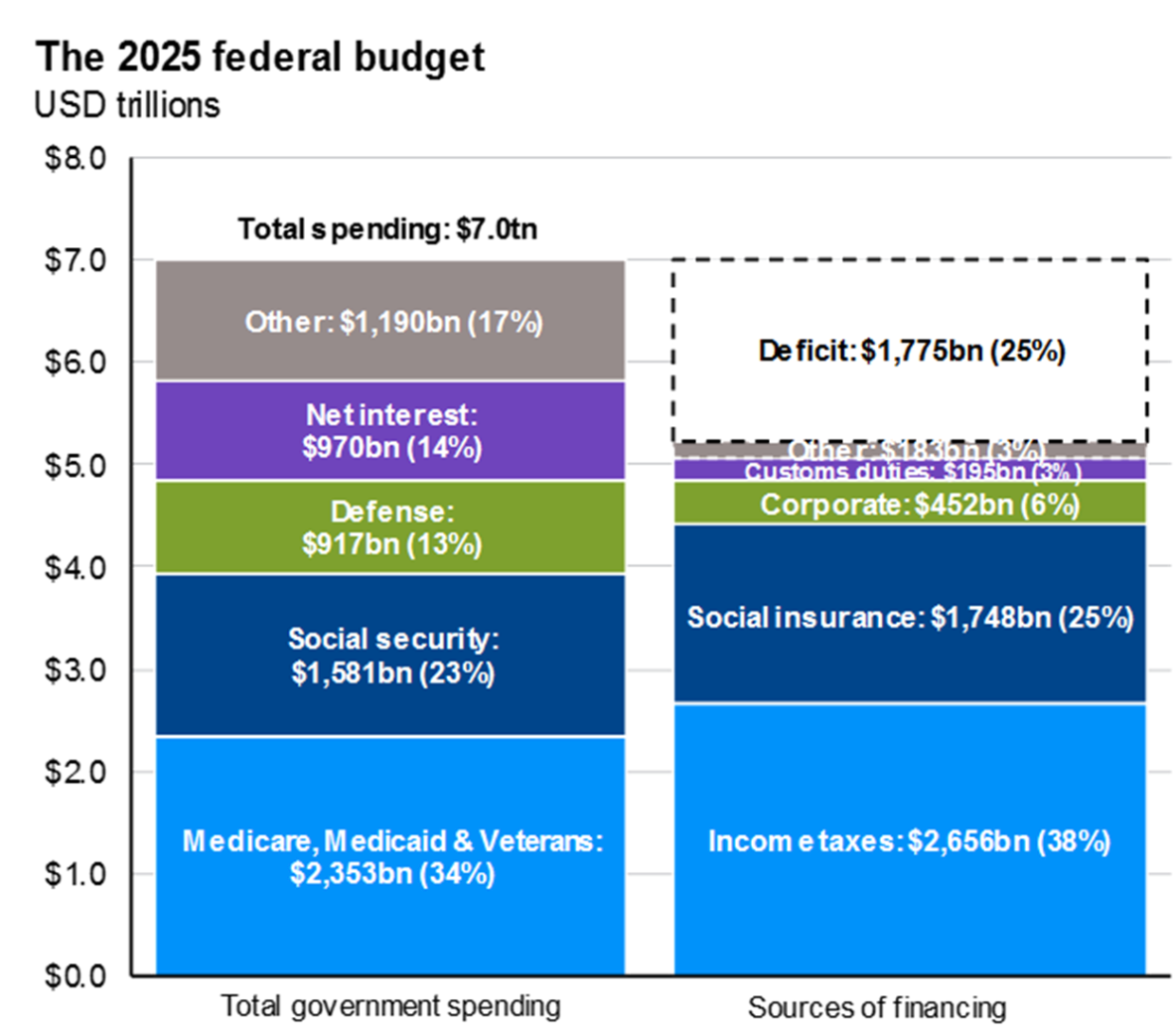In what has been described as “the biggest shake-up” of the private rental sector (PRS) in 30 years, the UK government last month published the long-awaited measures that aim to redress the balance between the estimated 2.3 million landlords and 4.4 million tenants in the PRS.
The measures, set to be introduced into parliament later this year, will feature in the Renters Reform Bill, which was announced in the Queen’s Speech. The plans mean tenants will be able to demand information and rate their landlord as part of new satisfaction measures.
The rental reform is included in the agenda of the Department for Levelling Up, Housing & Communities (DLUHC), which aims to improve lives and level up the country.
Currently, the conditions of more than half a million properties (12% of households) pose an imminent risk to tenants’ health and safety, which means around 1.6 million people are living in dangerously low-quality homes. To tackle this issue, the government has extended the Decent Homes Standard to the private sector for the first time.
Earlier in June, the government introduced the Social Housing Regulation Bill, which means failing social housing landlords could face unlimited fines and ‘Ofsted-style’ inspections.
The reform paper also announced a ban on ‘no fault’ Section 21 evictions that currently allow landlords to terminate tenancies without giving a reason. Arbitrary rent review clauses will also cease, including unjustified rent increases, which will enable tenants to be repaid rent for non-decent homes.
While the reforms were welcomed by many, concerns were also raised about the already strained PRS due to lower levels of new investment by private landlords.
The strain is said to be largely a result of tax changes and greater regulation.
A growing number of private landlords have left the market, which has offset the increased investment from corporate landlords and institutional investors into the build-to-rent market.
Commenting on this, Zoopla executive director of research and insight Richard Donnell says: “There is a delicate balance to ensure reforms don’t compound these supply-side challenges that continue to keep upward pressure on rents, which have risen 11% in the past year. Ensuring decent homes is paramount, but so is the investment into this important sector of the housing market.”
Although the bill has been deemed a fair deal for both landlords and tenants, Berkshire Hathaway HomeServices head of lettings Matt Staton says: “It is somewhat clear that tenants are the big winners here (especially those with pets).”
Staton believes the government has given tenants “maximum flexibility” around ending tenancies more quickly than ever.
In response, Propertymark chief executive Nathan Emerson asks: “How is it fair that a tenant can simply end a tenancy at a time of their choosing but an agent or landlord has to present a valid reason that is defined in law?”
Speaking from a landlord’s perspective, Mashroom chief revenue officer Adam Male says the measures outlined could be “a deterrent to existing and new landlords who are thinking about investing in the PRS”.
Although the proposals give tenants greater powers when renting a property, Male says the measures “restrict the powers for landlords and could leave them out of pocket in some cases”.
He adds: “Legislation, such as the doubling of notice periods for rent increases, could be just one of the worries for landlords, who more than likely only raise rents to cover their costs such as mortgage repayments and maintenance.
“As a landlord, these restrictive rules seem unfair and could have repercussions on the responsible landlords who have genuine reasons to reclaim their property.”
As part of the measures, a new private renters’ ombudsman will be created to enable disputes between private renters and landlords to be settled without going to court.
Male says this will be “welcome news” for landlords.
He explains: “The government needs to make sure that the ombudsman works well from the get-go and is efficient in dealing with claims so it can ensure that landlords are well supported and heard.
“It’s important that the government cracks down on the landlords who often take advantage of tenants, break the rules and provide inadequate, unsafe homes to live in. However, it’s the vast majority of decent landlords, who may only have one or two properties in their portfolio, who are going to be affected the most by the proposed regulations. Continuing to penalise them alongside unscrupulous landlords seems unfair.”
Male adds: “We’re currently facing a shortage of private rental properties with a competitive market that is driving up rents for tenants across the UK.
“If the government continues to provide little support for landlords, we’re likely to see many people put off investing in the PRS and these issues getting worse and affecting the most vulnerable.”
This article featured in the July edition of MS.
If you would like to subscribe to the monthly print or digital magazine, please click here.
Original Article





